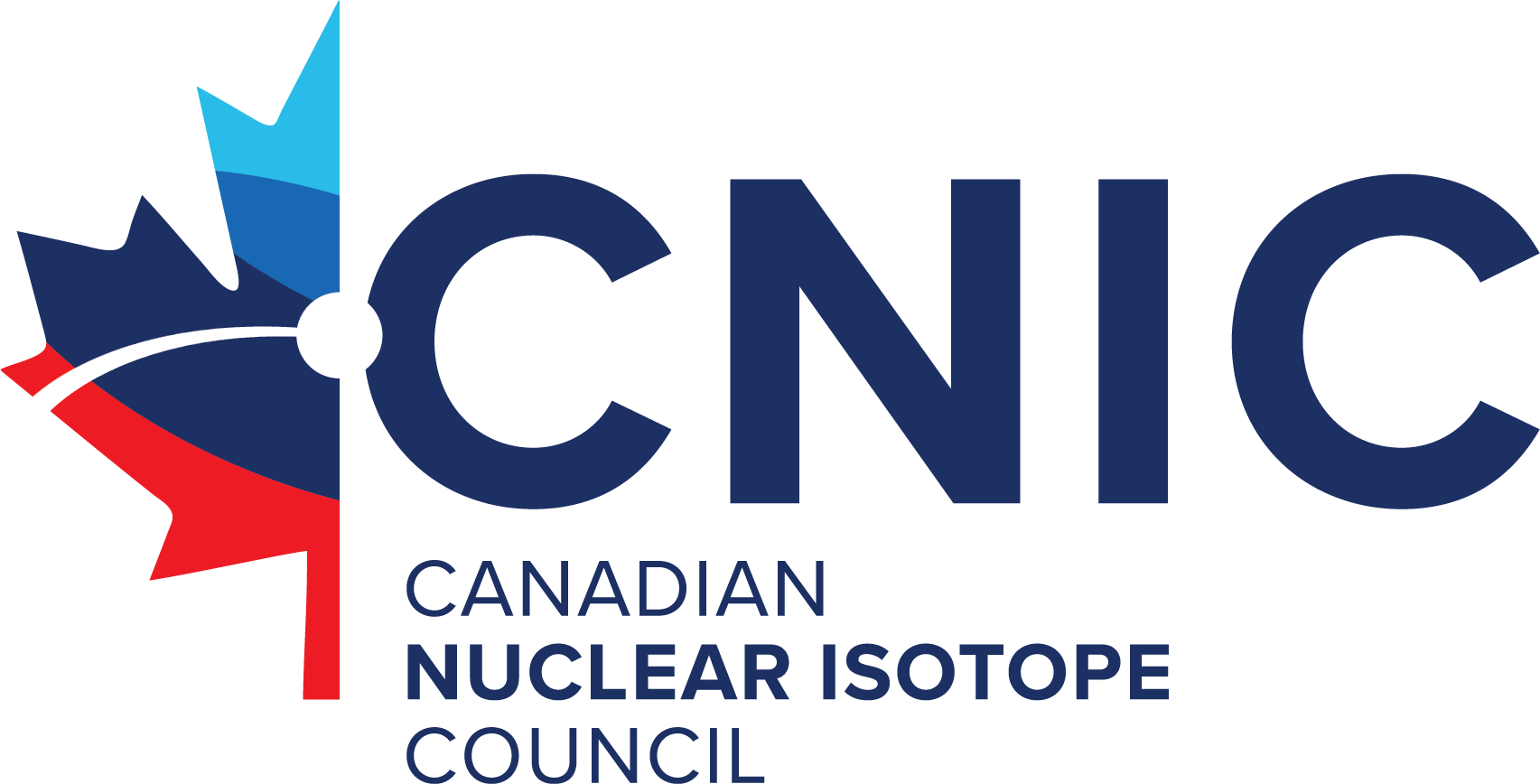Dear Paul Calandra,
On behalf of the Canadian Nuclear Isotope Council (CNIC), we would like to provide this submission to the Standing Committee on Finance & Economic Affairs regarding the government’s consultation on Bill 188, the Economic and Fiscal Update.
The CNIC is an independent organization consisting of representatives from various levels within the Canadian health sector, nuclear industry and research bodies, convened specifically to advocate for our country’s role in the production of the world’s isotope supply. The CNIC serves as a voice in safeguarding the continued availability of isotopes, ensuring our public policies are risk-informed and science-based, and support the highest levels of public health and safety.
During the COVID-19 pandemic Canada’s isotope sector was at the forefront of helping to keep our hospitals clean and safe. Specifically, Cobalt-60 a radioisotope produced in Ontario’s CANDU reactors at the Bruce Power Generating Station and OPG’s Pickering Station, served a critical role in sterilizing single use medical equipment such as gloves, swabs, gowns and other PPE.
However, the role of the Canada’s isotope sector extends beyond its role in sterilization and irradiation. Today, more than 10,000 hospitals around the world use medical isotopes for diagnostic imaging and cancer treatment and as we look into the future the need and demand for medical isotopes will continue to increase. This is because medical isotope-based therapies and treatment regimens are entering clinical trials — the final verification and validation process that is required by Health Canada before they become available to physicians for routine prescription
The innovative work that Canada’s isotope supply chain is doing holds the potential for new and cost-effective options for cancer treatment, helping patients while reducing the burden on hospitals.
As we emerge from the COVID-19 pandemic Canada’s economy is in a fragile state. The road to economic recovery will be challenging and the impacts of this Pandemic will long be felt by our health care system. Canada’s isotope sector not only offers potential lifesaving treatment opportunities but real actionable ways to reduce an already burdened health care system.
In order to alleviate patient backlog isotopes and innovative surgeries may provide cost saving solutions. One example is using Cobalt-60 to fight brain tumours and breast cancer using the gamma knife and gamma pod respectively. Each of these devices significantly reduces the number of treatments for a patient versus traditional means of fighting these diseases such as through conventional chemotherapy. Additionally numerous other therapeutic treatments such as using the radioisotope Lu-177 to treat prostate cancer means a patient has to spend less time in hospital, which means helping families make less frequent trips to a hospital and overall reduces some of the stresses of patient care.
Canada’s isotope sector can not only be a catalyst for innovation and saving, but can also help in our economic recovery. With the size of the global isotope market projected to grow to more than $17.1 billion (US) by 2023, Canada stands on the edge of an opportunity to bolster this industry.
Put another way, supporting isotopes and leveraging our fleet of reactors to scale up isotopes represents not only an economic recovery tool, but helps to ensure life-saving treatments for Canadian patient’s right here at home.
In order to maximize this opportunity there are solutions and the CNIC was created to work with government in finding them. Leveraging existing infrastructure, creating redundancy in supply, and supporting Canada’s isotope industry by developing policies and a strategy that aim to foster competitiveness, supports the promotion and development of isotopes both for export and use in fighting cancer. This will not only have a significant positive impact on human health across the globe, but will expand Canada’s leadership role globally.
Such investments would exhibit a commitment to Canada’s role as a leader in nuclear medicine, and dramatically bolster the country’s capacity to innovate while delivering substantial economic and societal benefits to both Canadians and patients around the globe
In closing, the CNIC would like to assure you that Canada’s isotope industry stands ready to work with our government to deliver on its vision of growth, prosperity and a brighter future for generations to come. The CNIC would welcome the opportunity to meet with your office to discuss our industry and how we may add in Ontario’s economic recovery.
Sincerely,
James Scongack
Chair, Canadian Nuclear Isotope Council
